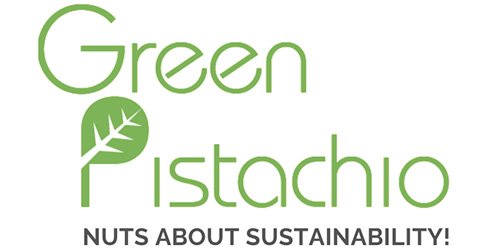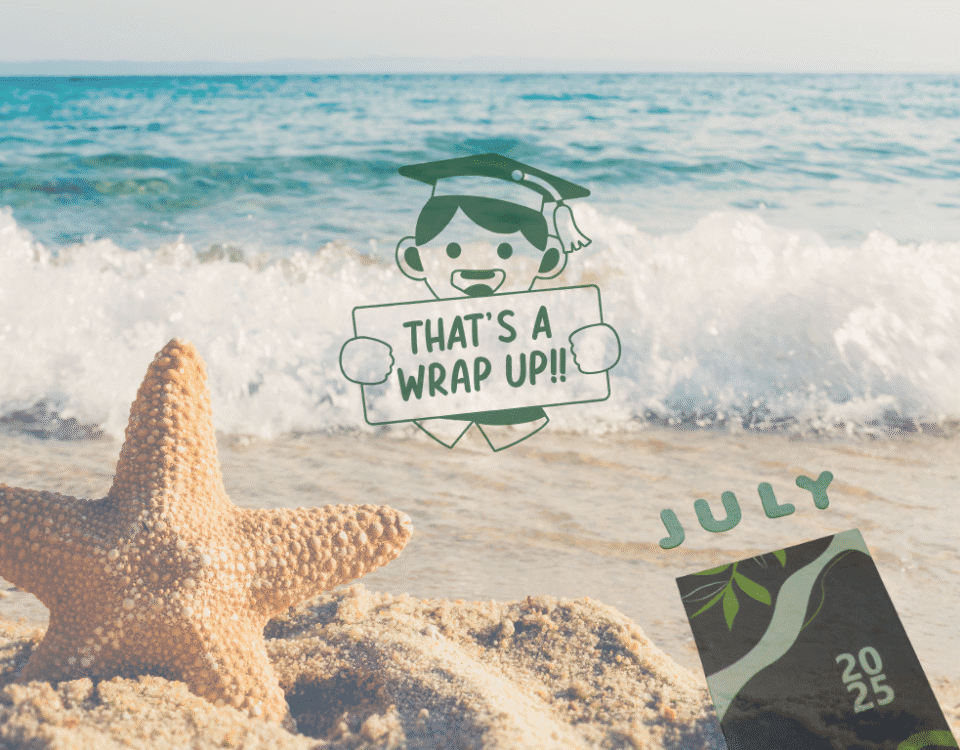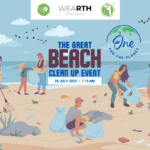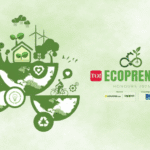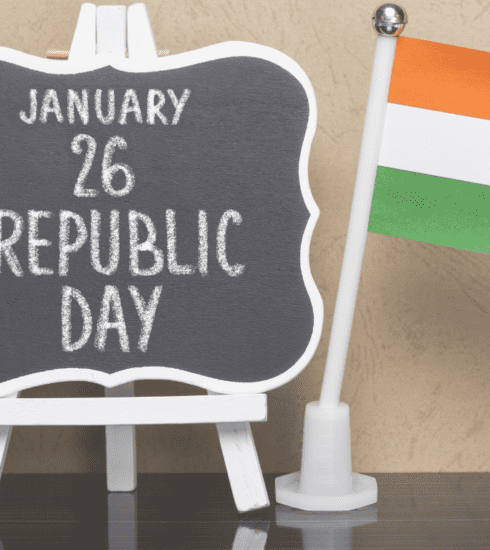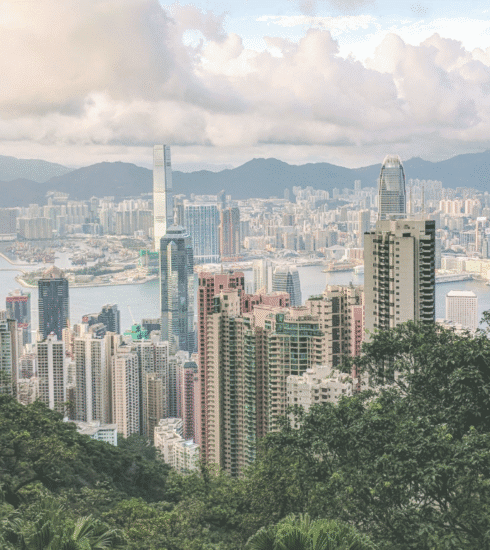Revisiting Plastic Free July: Targeted Wins for a Better Tomorrow
Can a small idea lead to global change? If you’ve heard of Plastic Free July, you already know the answer. Launched in Australia by the passionate Rebecca Prince-Ruiz, this movement has now reached millions around the world, inspiring real, measurable impact. Just in the past six years, Plastic Free July has helped prevent 12 million tonnes of waste, including a jaw-dropping 1.7 million tonnes of plastic! At Green Pistachio, we dove headfirst into the plastic-free wave—and honestly, we’re still riding the high.
Plastic Pollution: Single-Use, Multi-Species Mayhem
Plastic doesn’t vanish, it just relocates. Whether it’s snack wrappers or shampoo bottles, most of it ends up buried in landfills, floating in rivers, or surfing in the ocean. According to UNEP, the planet produces around 430 million tonnes of plastic each year, and more than two-thirds becomes waste. It’s like hoarding, but on a planetary scale.
WWF found that 2,144 wildlife species have tangled with plastic pollution. Around 90% of seabirds and 52% of sea turtles have munched on it, thinking it’s a snack.
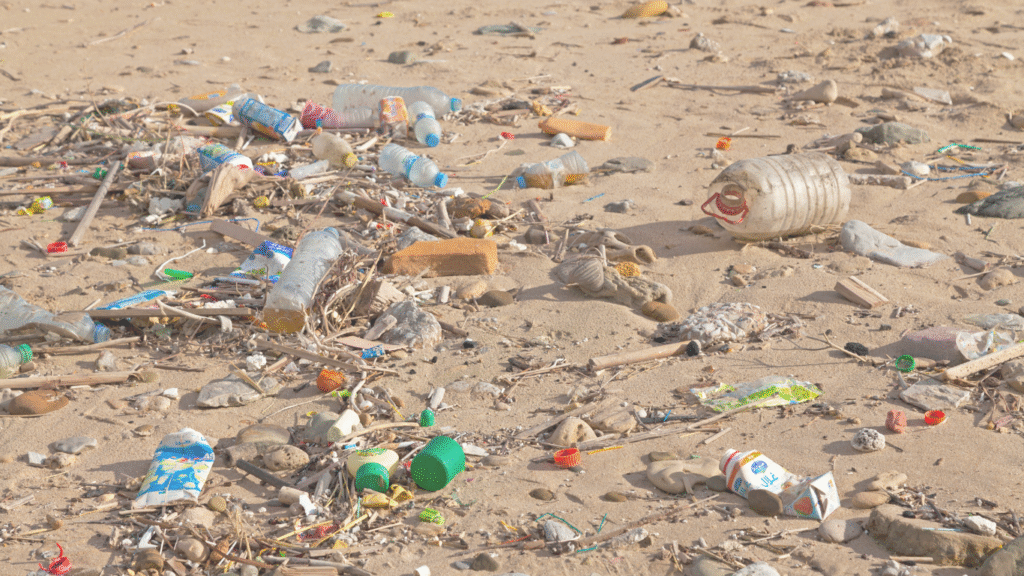
And it’s not just the planet and wildlife taking a hit. We’re still learning about the full impact of microplastics on the human body, but scientists already suspect they’re not doing us any favours. These tiny bits may carry toxins, disrupt hormones, and cause long-term health issues.
Plastic pollution has undeniably become Earth’s most persistent frenemy, cleverly disguised as everyday convenience.
Podcast With Dr. Smita Of 5Rcycle
Our visit to the 5Rcycle facility sparked some serious eco-reflection. This time, we met Dr. Smita to better understand the implications of the ocean’s top enemy- plastic waste and how to tackle it. If you’ve ever wondered how we can clean up the plastic mess, that conversation was definitely for you.
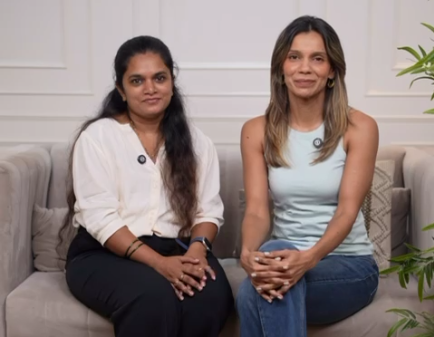
We came into the conversation thinking plastic was just a problem, but we left with a whole new perspective. From understanding the different grades of plastic to discussing its role as a resource when used and disposed of correctly, it was a fascinating deep dive that reshaped how we think about waste and sustainability.
The Secret Life of Microplastics
Microplastics are tiny yet pesky plastic pieces less than 5 millimetres in size (think sesame seed, but sneakier). Some come from bigger plastic items breaking down, like worn-out packaging, car tyres, or polyester clothing. Others are made small on purpose, like microbeads in scrubs and toothpaste.
So what makes them such a nuisance? Their size. They’re so small that they slip past filters, dodge cleanups, and never fully break down.
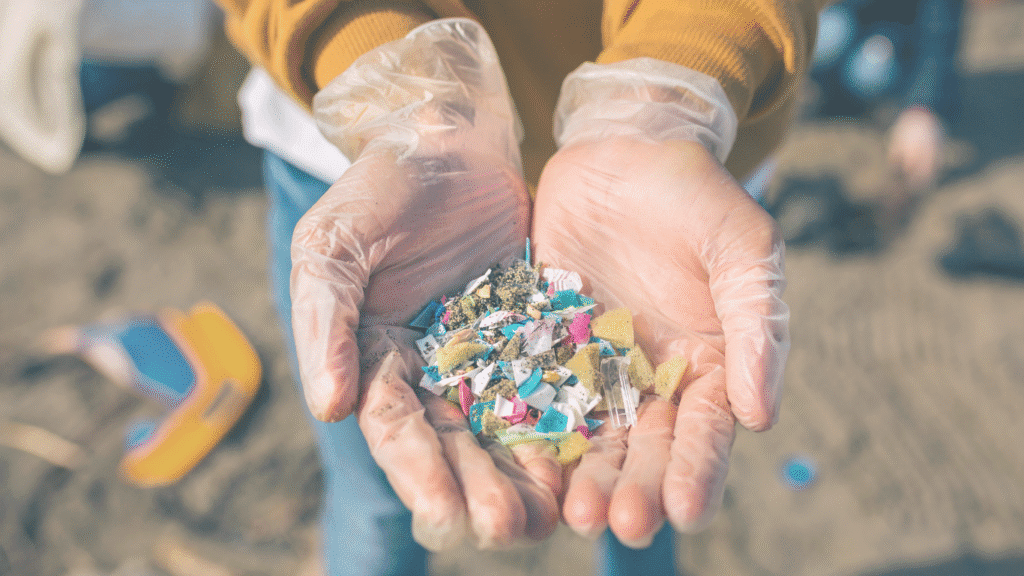
Let’s rewind for a sec, how did microplastics sneak into everything? Turns out, this tiny trouble’s been building for decades, hiding in plain sight in everyday stuff like fashion, tyres, packaging, paints, and beauty products.
Now that the dots are connected, it’s time to rethink, cut down, and clean up.
Burn It or Bin It? The Plastic Dilemma
MLPs (Multi Layer Packaging) have become the poster child of convenience, wrapping everything from cookies to ketchup. But their complex layers make them difficult to recycle, and they often degrade into microplastics, adding to our growing waste problem.
While burning microplastics in specialized incinerators is being explored as a way to recover energy, it’s no silver bullet. Without strict controls, this “solution” can create more pollution than it solves. A safer, smarter route would be to:
- Prevent their formation with better packaging design.
- Use advanced filters in washing machines, wastewater plants, and factories.
- Invest in biodegradation tech or upcycling systems like pyrolysis.
You can fight microplastic pollution by supporting sustainable brands like Wearth Active, which uses recycled plastic to produce low-shedding, durable activewear, and by disposing of MLP correctly, as Dr. Smita explained in our podcast.
To do our bit for the planet, we planned a beach cleanup in July, which is where most of the plastic that’s dumped land up. Here’s a glimpse of how it went.
The Great Beach Cleanup: Turning Plastic Apathy Into Action
It all started with a walk on Juhu Beach. What should have been waves and sand turned out to be a tangled mess of plastic waste. It was heartbreaking and impossible to ignore. So instead of doom-scrolling, we decided to act. Teaming up with Wearth Active and 5Rcycle, we hosted #TheGreatBeachCleanup on July 26, 2025, inviting changemakers, influencers, and eco-warriors to help clean up the coastline and amplify the message. What followed was a powerful day of community spirit, sweaty teamwork, and serious environmental love.
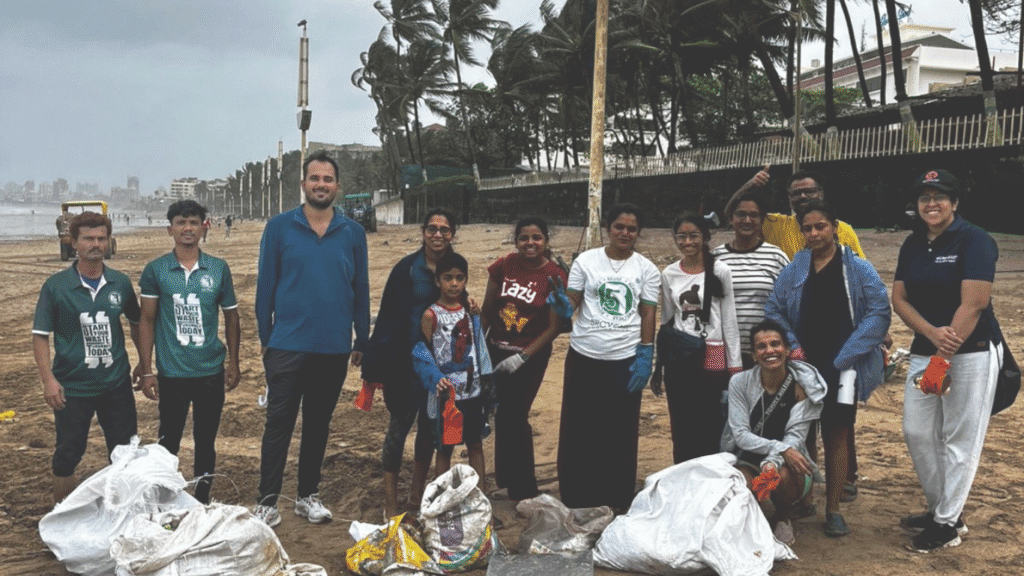
With encouragement from Ranjeet Sir and the incredible energy of our volunteers, #TheGreatBeachCleanup was a huge success. We ended up collecting 100 kgs of trash in just one hour, and the beach looked beautiful again. Now imagine if it stayed that way, only if everyone did their bit. Big shoutout to Sonika Bhasin for rolling up her sleeves and jumping right in, and to Wearth Active for generously gifting activewear to our eco-warriors.
Now it’s over to you—ditch plastic, choose the planet. Start with these 5 brands doing it right.
5 Cool Brands Ditching Waste for Good
- The Mend: They offer tailored, sustainable packaging made from recycled, compostable, and recyclable materials to help brands go green.
- Bambrew: They offer sustainable packaging made from bamboo, agro-waste, and plant fibres —no plastic, all planet-friendly.
- Pappco Greenware: They design user-friendly, sustainable packaging to replace single-use plastics.
- Ecoware: They offer compostable, plant-based food packaging made from sugarcane bagasse, including plates, bowls, trays, and containers that replace single-use plastics with eco-friendly alternatives.
- Quit Plastic: They offer India’s first customizable takeaway containers made from plastic-free, compostable bagasse.
From July to Always: Plastic Free Living
Just because July’s done doesn’t mean the plastic-free party’s over. From thought-provoking podcasts to sandy-footed beach cleanups, every action we took this month reminded us that change is possible and necessary. And honestly? We’re just getting started.
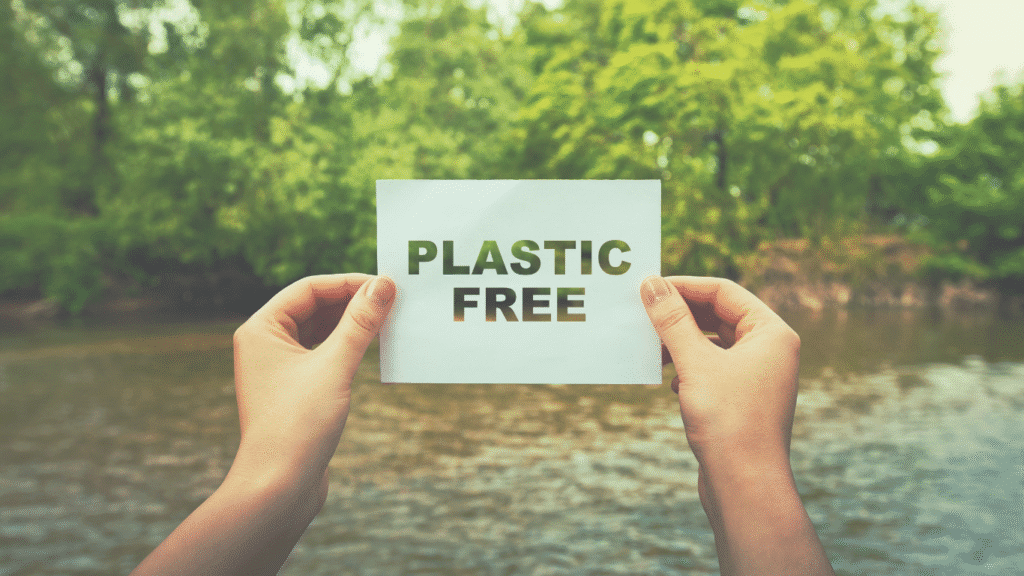
Tell us your biggest win this July, whether it was skipping straws or joining a beach cleanup. Share this blog with your eco-curious friends, tag someone who needs that little nudge to go plastic-free, and don’t forget to follow us for more tips, stories, and updates from the green side. Together, we can turn plastic-free choices into everyday habits.
